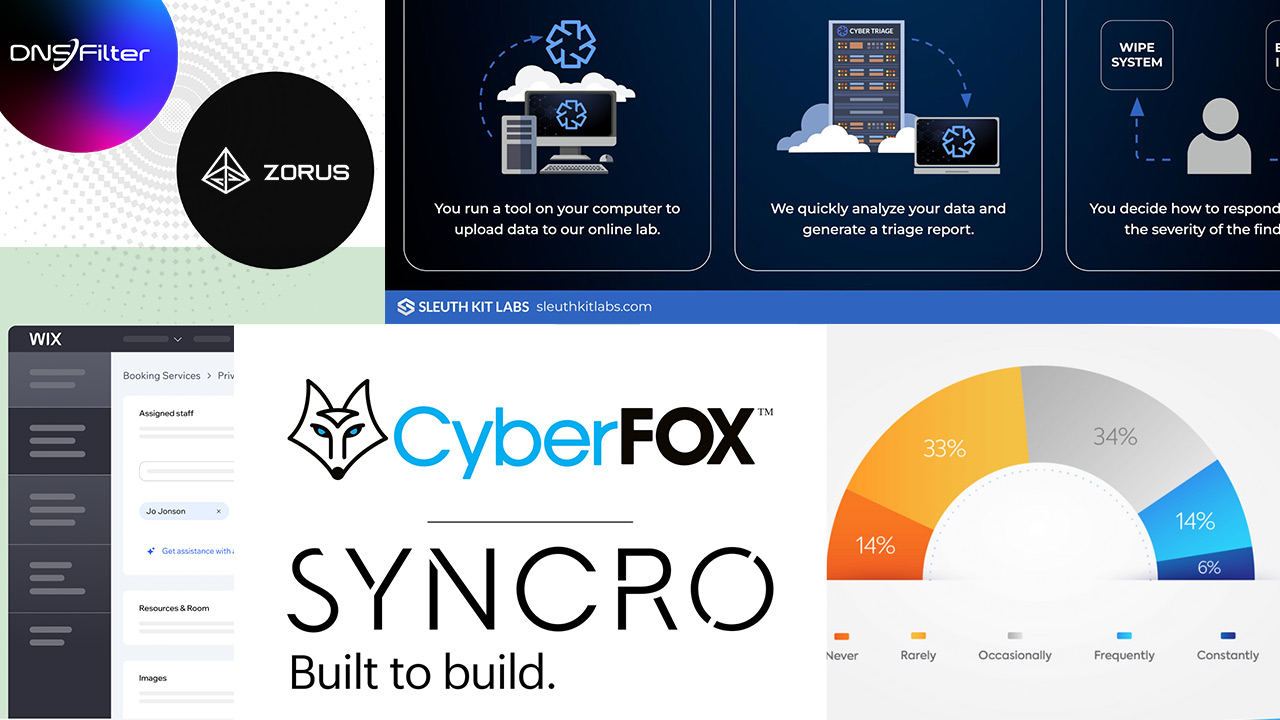†Databricks, provider of a leading†Unified Analytics Platform†and founded by the team who created Apache Spark, announced it has become a partner with Microsoft to expand the reach of its Unified Analytics Platform and address customer demand for Spark on Microsoft Azure. Databricks’ Unified Analytics Platform will be offered as an integrated service within the Azure Portal as Azure Databricks. The new Azure service, introduced today at the Microsoft Connect(); 2017 conference, makes it easier for organizations around the globe to derive value from their Big Data and realize the promise of Artificial Intelligence (AI).
“Our alliance with Microsoft is a major milestone for the growth of Databricks’ Unified Analytics Platform,” said Ali Ghodsi, cofounder and CEO at Databricks. “There’s a large base of Microsoft Azure customers looking for a high-performance analytics platform based on Spark – and Databricks is already the leading Cloud platform for Spark. These organizations will be able to simplify Big Data and AI with Azure Databricks.”
John ‘JG’ Chirapurath, general manager of Data Platform Marketing, Microsoft Corp. said, “Our work with Databricks and the development of Microsoft Azure Databricks has been driven by customer demand. Azure users will benefit from the fast and collaborative Apache Spark based analytics platform optimized for Azure, and through the integration with other Azure services, such as Microsoft Power BI, Azure SQL Data Warehouse, Azure Cosmos DB, and Azure Active Directory.”
Azure Databricks will leverage the core functionality of Databricks’ Unified Analytics Platform, including:
- A unified, collaborative workspace for Data Science and Data Engineering teams to work more effectively with business users;
- A single, unified engine for all types of analytics (batch, ad hoc, machine learning and deep learning, streaming, graph); and
- A fully managed, serverless Cloud infrastructure for isolation, cost control and auto-scaling.
Azure Databricks also offers full integration with the Azure cloud platform, including:
- The Azure Portal, where users can launch Databricks with a single click;
- Azure Active Directory, which enables single sign-on so that users can get started with Databricks immediately;
- The most popular data sources on Azure, including Azure SQL Data Warehouse, Azure Cosmos DB, Azure Data Lake Store, and Azure Blob storage; and
- Microsoft Power BI, so that Databricks analytics can be put into business dashboards and visualizations.













